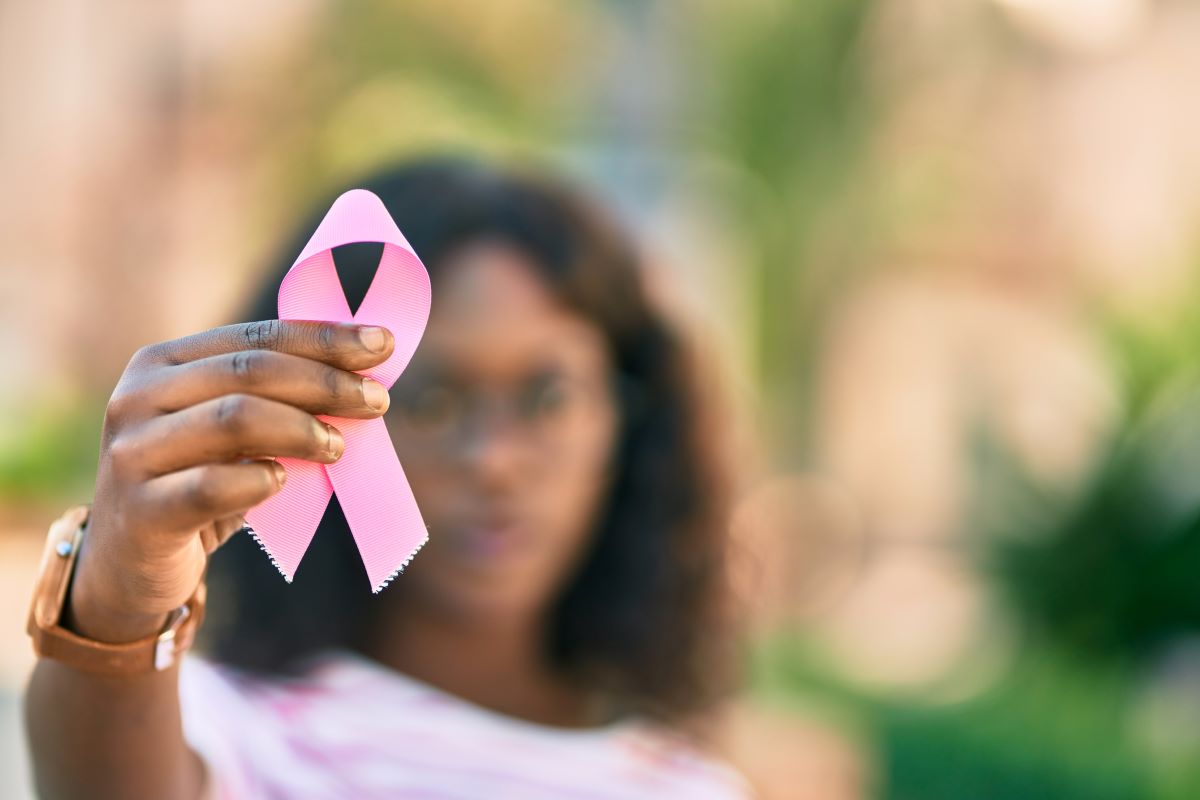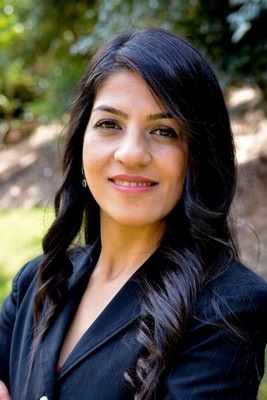
I'm excited to talk about breast cancer risk, a topic I'm deeply passionate about. My goal is to raise awareness and empower you with the knowledge to take action if you're at elevated risk. I know this can be an anxiety-provoking topic, but my intention is not to increase your worry — rather, it's to ensure you're informed and prepared.
Breast cancer statistics
In the U.S., breast cancer is the most common cancer among American women, aside from skin cancer. On average, a woman is diagnosed with breast cancer every two minutes. To put that in perspective, in the time it takes to read this article, several women will have been diagnosed. One in eight women will be diagnosed with breast cancer at some point in their lives, making it the leading cause of cancer-related deaths in women aged 20 to 59.
According to the American Cancer Society, in 2024 in the U.S., approximately 310,720 new cases of invasive breast cancer and 56,500 cases of in situ breast cancer are diagnosed.
Breast cancer risk factors
There are certain risk factors for breast cancer that we cannot change and others that we can modify. The factors beyond our control include gender, genetic mutations, family history, race/ethnicity, age, reproductive history, history of abnormal biopsies, number of prior biopsies, thoracic radiation and breast density.
- Gender: Being a woman is the number one risk factor, with men accounting for only 1% of cases.
- Genetic mutations: Certain genes, such as BRCA1 and BRCA2, are linked to a higher risk of breast cancer, although only 5%-10% of cases are hereditary.
- Family history: Knowing your family's history of breast cancer is crucial. It’s important to consider both your maternal and paternal sides, as breast cancer genes can be inherited from either parent. Approximately 15%-25% of breast cancers exhibit a familial pattern where no specific genetic mutation is identified, yet the disease still runs in families. We believe this could be due to a combination of multiple genes, environmental factors and shared lifestyle behaviors.
- Race/ethnicity: Certain racial and ethnic groups have varying risks for breast cancer. Non-Hispanic white women have a higher incidence of breast cancer at older age, but Black women are more likely to be diagnosed younger and have higher mortality rates due to factors such as an increased rate of triple-negative breast cancer.
- Age and reproductive history: The likelihood of developing breast cancer increases with age, especially between 55 to 75 years. Early menstruation (before age 11) and late menopause (after age 55) elevate risk due to prolonged estrogen exposure. Women who have their first child before age 30 or breastfeed may have a slightly reduced risk.
- Previous breast biopsies: A history of breast biopsies, especially those detecting abnormal cells like atypical hyperplasia, increases breast cancer risk due to underlying breast changes.
- Thoracic radiation: Exposure to radiation therapy in the chest area, particularly during childhood or young adulthood between ages 10-30 years, significantly increases the risk of developing breast cancer later in life.
- Breast density: Dense breast tissue, which is common in younger women, makes mammograms harder to read and is linked to a higher risk of breast cancer. As women age, breast density typically decreases.
While the factors above are unchangeable, certain lifestyle choices can help reduce your risk:
- Pregnancy and breastfeeding: While not everyone can become pregnant or breastfeed, these factors can slightly decrease the risk of breast cancer, particularly if the first pregnancy occurs before age 30.
- Hormone replacement therapy (HRT): Combined estrogen and progesterone therapy can increase breast cancer risk, so it’s important to discuss alternatives with your health care provider if you’re considering HRT.
- Lifestyle factors: Alcohol consumption, obesity and lack of exercise are all linked to an increased risk of breast cancer. Alcohol can raise estrogen levels, which can, in turn, increase breast cancer risk. Maintaining a healthy weight and engaging in regular physical activity can help reduce this risk.
<Learn about other breast cancer risk factors.>
Risk assessment and screening
The National Comprehensive Cancer Network (NCCN) guidelines recommend all women have a breast cancer risk assessment by age 25. This helps identify whether you're at elevated risk and guide decisions on early screening and other preventive measures.
One of the most accurate risk assessment tools is the Tyrer-Cuzick model, which considers factors like BMI, hormone replacement therapy, age at menopause, breast density, history of biopsies and family history.
You can have a risk assessment done at your OB-GYN or primary care provider's office, with a genetic counselor or at a breast health clinic.
Screening recommendations
For women at average risk, annual mammograms starting at age 40 are recommended, along with breast awareness practices — such as familiarizing yourself with your body and regularly checking your breasts for any changes.
For women at elevated risk, more intensive screening is recommended. This typically includes mammograms and MRIs six months apart. If you’re unable to have an MRI due to medical reasons, alternatives like contrast-enhanced mammography or breast ultrasound can be considered.
Talk with your health care provider about your personal and family history and whether you should have additional tests or should start screening for breast cancer at an earlier age.
High-risk clinics
If your risk assessment indicates that you’re at elevated risk (lifetime risk above 20%), you may be referred to a high-risk clinic. At Northside Hospital Cancer Institute’s High Risk Program, for example, we provide personalized care plans, which may include enhanced screening, genetic testing, lifestyle modifications and discussions about preventive measures like prophylactic surgeries or chemoprevention.
If you’re concerned about your risk for breast cancer, I encourage you to speak with your health care provider, consider a risk assessment and explore your options for early detection and prevention. Remember, knowledge is power and taking proactive steps can make a significant difference in your breast health.
Learn more about the Northside Hospital Cancer Institute High Risk Program.

